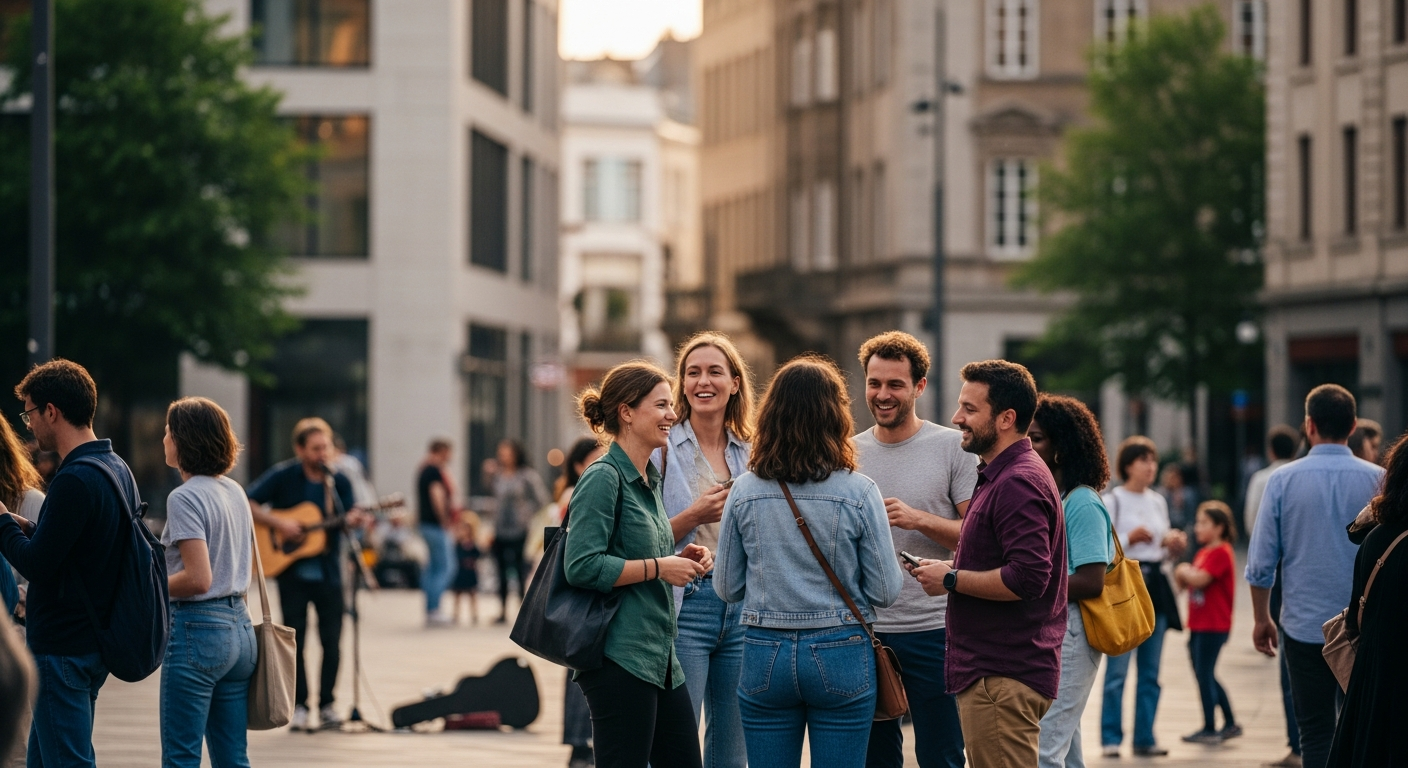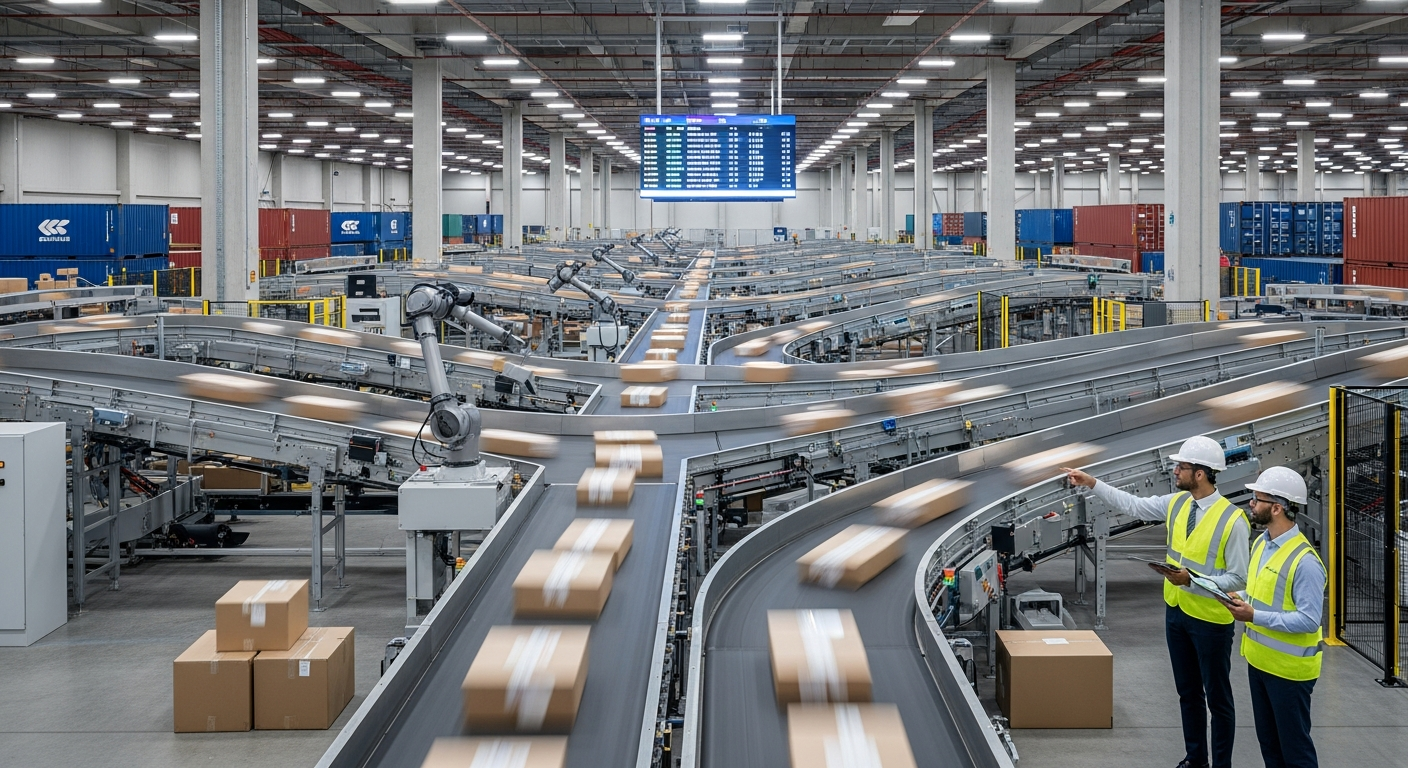The Emergence of Slow Living: A Societal Shift Towards Mindfulness
Introduction: In an era of constant connectivity and relentless hustle, a counter-movement is gaining momentum. Slow Living, a lifestyle that encourages a more mindful, deliberate pace of life, is increasingly resonating with people worldwide. Read below to delve into the roots of this movement, its current societal implications, and its potential to shape our future.

The Origins of Slow Living
The Slow Living movement has its roots in the Slow Food initiative, which began in Italy in the 1980s as a response to the spread of fast food chains. The Slow Food movement emphasized the importance of quality over quantity, advocating for traditional cooking methods and locally sourced ingredients. This philosophy soon spread beyond the kitchen, giving birth to the broader Slow Living movement. It encouraged a holistic approach to life, promoting mindfulness, sustainability, and a balanced pace of life.
Slow Living in Today’s Fast-Paced Society
In today’s hyper-connected, always-on society, the Slow Living movement is gaining traction. People are increasingly seeking ways to escape the relentless pace of modern life, and Slow Living offers a compelling alternative. It encourages individuals to take a step back, to savor the moment, and to prioritize quality over quantity in all aspects of life. This shift is evident in various societal trends, from the growing popularity of mindfulness practices to the resurgence of artisanal crafts.
The Societal Impact of Slow Living
The Slow Living movement has profound implications for society. It challenges the dominant narrative of constant growth and productivity, offering a more sustainable and balanced approach to life. This shift towards mindfulness and sustainability can have significant benefits for mental health, community cohesion, and environmental sustainability. Moreover, it can foster a greater appreciation for local cultures and traditions, counteracting the homogenizing effects of globalization.
The Role of Slow Living in Shaping the Future
As the Slow Living movement continues to gain momentum, it has the potential to shape the future of society. It offers a blueprint for a more sustainable, mindful, and balanced way of life, which could be crucial in addressing some of the most pressing challenges of our time, from mental health crises to environmental degradation. By promoting a slower, more mindful pace of life, Slow Living could help to foster a society that values wellbeing and sustainability over relentless productivity.
Embracing the Slow Living Movement
The Slow Living movement offers a compelling alternative to the relentless pace of modern life. By promoting mindfulness, sustainability, and a balanced pace of life, it has the potential to shape the future of society in profound ways. As we navigate the complexities of the 21st century, embracing the principles of Slow Living could be key to fostering a more sustainable, balanced, and fulfilling way of life.
In conclusion, the Slow Living movement is not just a trend, but a societal shift towards a more mindful and sustainable way of life. As we move forward, it will be interesting to see how this movement continues to evolve and shape our society.






